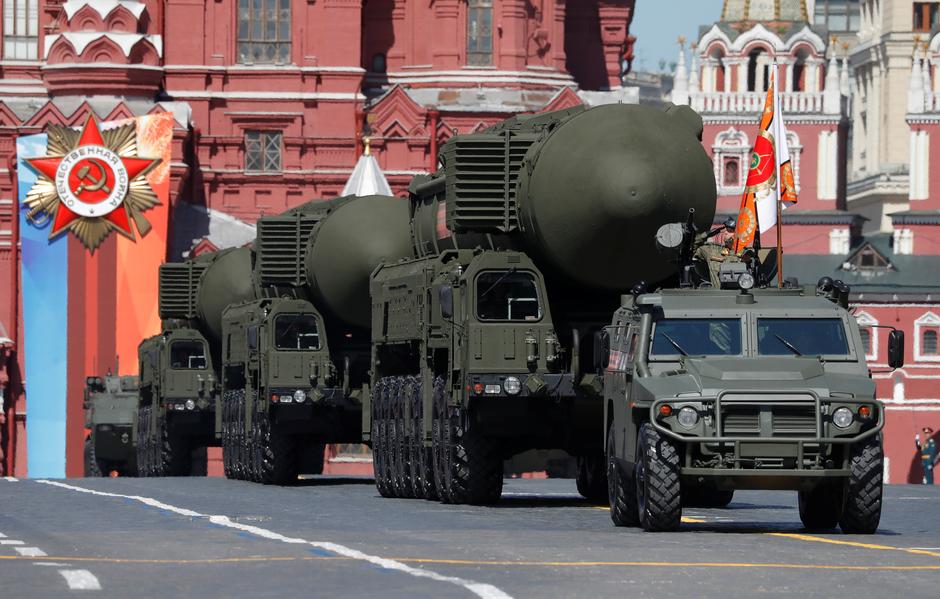Tiananmen Square Leader: The Significance of the US Senior Official Meeting with Me for the 1st Time
Ishida: “America is putting more pressure on China regarding the state of human rights. The policy toward China is at a turning point. How do you see it?”
Wu'erkaixi: “2020 has been an important year. COVID-19 started spreading in China and then to the rest of the world. People in every country had someone they love come into contact with the virus, and so they’re starting to think about China. The criticism I’ve long had of China, that its Communist Party is a threat to modern civilization, was often ignored as megalomaniac, but now people are starting to listen.
This change was brought about because of Trump coming onstage, the mass incarceration of Uighurs and the changes to Hong Kong, the city of freedom, but it was COVID-19 that dealt the decisive blow.”
Ishida: “The U.S. had Keith Krach, the Under Secretary of State for Economic Growth, Energy, and the Environment, visit Taiwan in September, and this was the highest-ranking active U.S. official to visit Taiwan since diplomatic ties were cut in 1979. You met him on his visit, didn’t you?”
Wu'erkaixi: “I had met with members of Congress before, but this was my first time meeting a senior government official. The U.S. has clearly changed its standard of behavior that it had previously been taking to avoid Chinese opposition. They realized that it would be in their own interest to siege China on human rights.”
Ishida: “But the U.S. administration might change in November with the election, and if the U.S. receives some concessions in the trade negotiations with China, it might change its hardline stance toward China about human rights again. Aren’t you worried about that?”
Wu'erkaixi: “I have my concerns, but on the other hand, I believe in the United States. Democrat House Speaker Nancy Pelosi has a lot of influence on human rights. Last year, which was the 30th anniversary of the Tiananmen Square Massacre, she spoke in memory of the victims and unanimously approved a resolution in the House of Representatives urging China to provide an accounting of the crackdown. She had long been telling me that both Democrats and Republicans in the House were on the same page about their attitude toward China. Even if Joe Biden wins the election, it would be difficult for him to revise Trump’s attitude of only cooperating with countries with the same values as the U.S. and to return to the past political friendship the U.S. had with China.”
Ishida: “Isn’t it possible that the American economic world will put pressure on the government? Isn’t the Chinese market still pretty desirable?”
Wu'erkaixi: “I guess part of the American economy doesn't want worsening relations with China, but China doesn’t follow the rules of the market. The U.S. is trying to corner China to force them to follow the rules.”
Ishida: “What do you hope out of Japan?”
Wu'erkaixi: “Japan’s in a complicated spot. Being neighbors, it views China as a threat but also feels some guilt (because of its record during World War II). However, the Hong Kong people’s movement struck a chord with the whole world, and the sacrifice the Uighurs have paid also shocked the world. Countries are already starting to change their view of China. I hope the people of Japan will understand the human rights issues and democracy movements in China and support people’s efforts toward a resolution.”
Wu’erkaixi was born in 1968 and was one of the student leaders in the 1989 Tiananmen Square massacre. Afterward, he left China and was denied reentry. He lives in Taiwan and works as a political commentator. He is a Uighur and is an honorary chairman of an organization supporting Uighur scholars in forced labor in China. His mentor during university was Liu Xiaobo, who won the Nobel Peace Prize.


